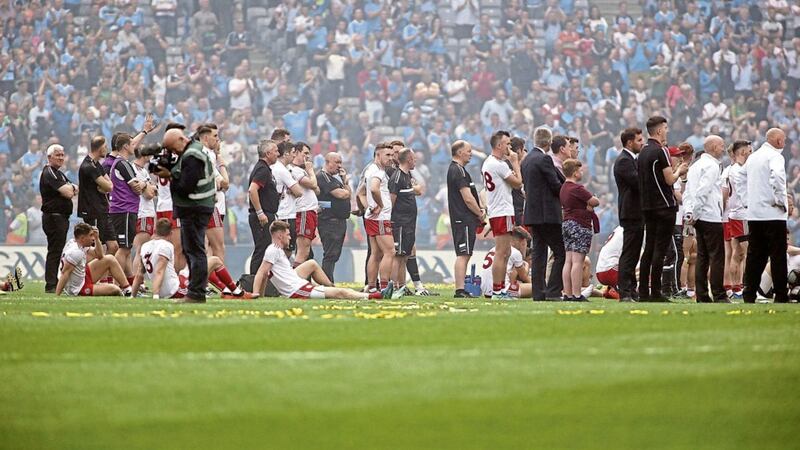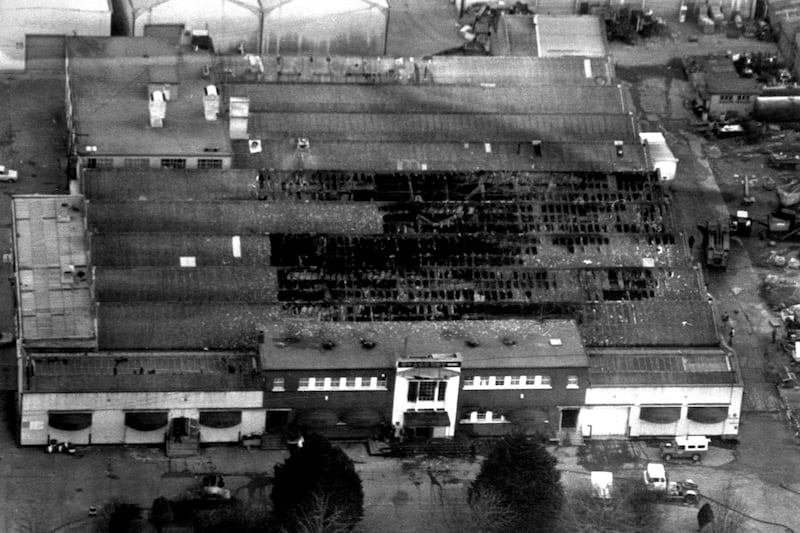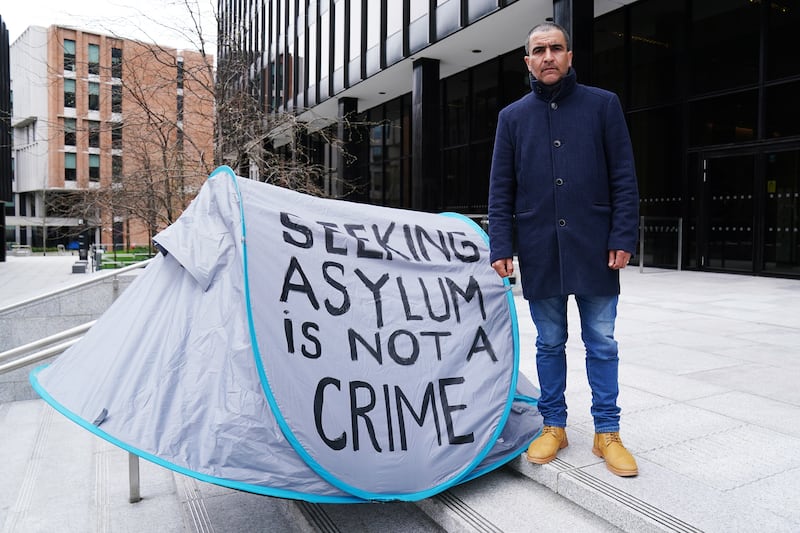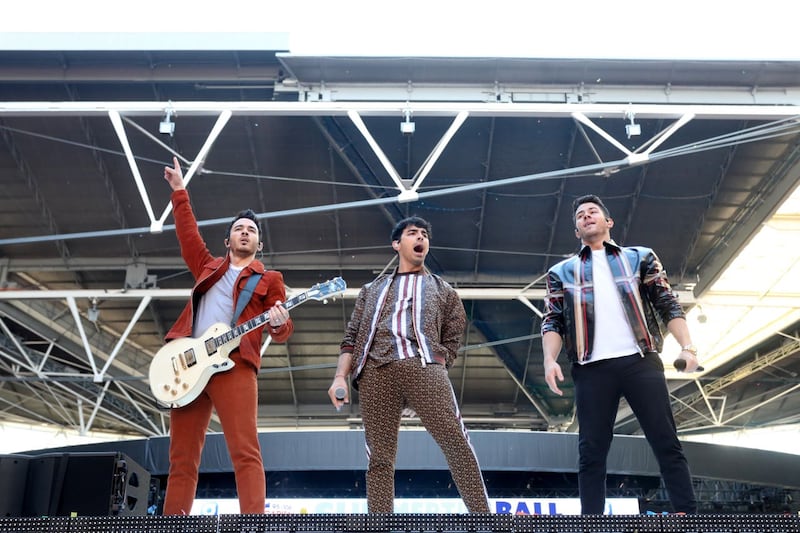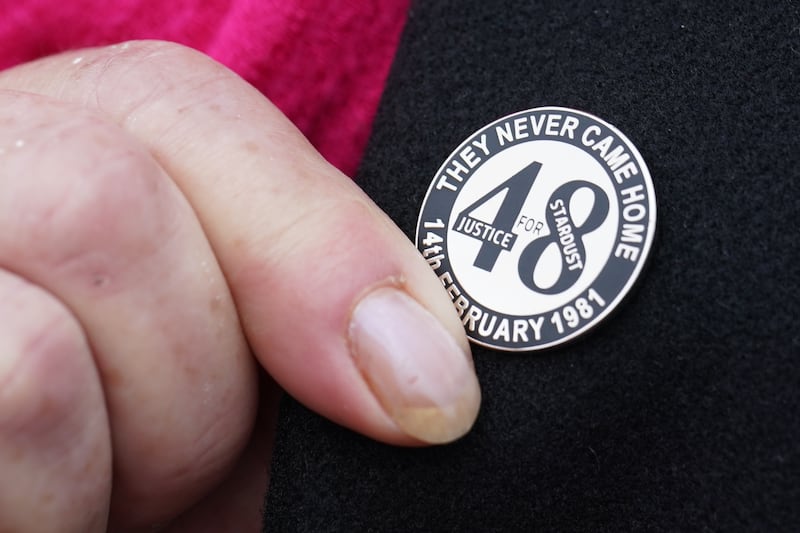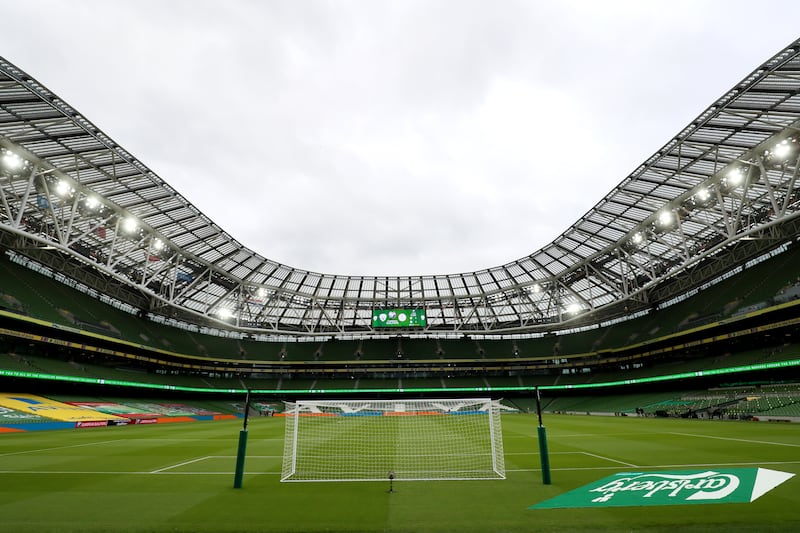SO then, Dublin have become just the third team in history to win four All-Ireland SFC titles in-a-row.
Not only that, they have won six of the last eight All-Irelands with their domination showing no real sign of ending.
Where do you look for answers as to how has this happened?
Dublin have received €16.6m in coaching/development grant funding from Croke Park since 2007.
The closest to this is Cork, who have received just over €1m, with Tyrone receiving €560,000 in funding.
The facts are that this is an imperfect system, an unequal one and completely unfair on every other county outside Dublin.
This is not Dublin’s fault, by the way, and in no way should this team or Jim Gavin be held accountable for the effectiveness of a county board to manage Croke Park’s financial gifts so efficiently.
As Dublin’s four new players introduced into the team for 2018 last Sunday are testament to, this funding has been well spent.
Player after player is coming off Dublin’s conveyor belt of talent.
Unlike counties like Tyrone, Down and Kerry, these lads are being introduced at a young age, into a brilliant team with multiple All-Ireland winners.
Dublin players are being eased nicely into a culture of success.
Other teams are starting from scratch, with county players and counties devoid of decent structures, finance and proper coaching at underage levels.
Tyrone are relying on Club Tyrone, an effective state-of-the-art training complex at Garvaghey and a significant amount of old fashioned, deep-seated pride in the GAA.
And after watching them live with Dublin for decent periods of the match last Sunday, I believe they can learn a lot from the 2018 experience – or at least they should.
The undoing of Galway in the semi-final and Tyrone in the final came down to the same thing: individual decision-making.
The decisions Tyrone players made in terms of shot selection and tackling cost them Sunday’s final.
Conor Meyler is a young player, and hopefully he will learn from Sunday’s experience. However, when surrounding Jonny Cooper along with two other Tyrone players, the indiscipline of pushing Cooper over, which Cooper was surely waiting for, led directly to Dublin’s second goal.
A four-point deficit becomes seven in the blink of an eye.
Niall Morgan’s kick-outs were outstanding for 20 minutes.
I will never understand why a goalkeeper would kick a ball directly up the middle before telling the defence in front of them to mark their men.
Leaving Con O’Callaghan and Ciaran Kilkenny unmarked for Dublin’s first goal is suicidal at this level.
Why not go to the sidelines with the kick-outs?
Tyrone were getting a fair bit of joy from this early tactic and by doing this if the opposition do win possession they have further to go for a score and you go a long way towards negating the damage.
Mickey Harte cannot be held accountable for the decisions being made on the field.
As the Dublin goals demonstrated, Tyrone’s decision-making was poor.
This was also in the case in their shooting, as the mounting wide total showed.
To a certain degree you have to allow players to work things out for themselves and it’s the ability to do this that makes Dublin the team they are.
At any level of football, I consider decision-making the difference.
I was also surprised by some of the substitutions.
I would not have taken either Mark Bradley or Cathal McShane off and, while Ronan O’Neill usually comes in and does the business, he was forcing passes that weren’t on and snapping at shots.
Tyrone can still be proud, though, that this wasn’t the turkey shoot many expected – or feared – it would be.
Only two of their players – Colm Cavanagh and Cathal McCarron – were on the 2008 All-Ireland-winning panel.
Having lost an All-Ireland final by a point, the thing that still lives with me still is the regret that we didn’t come back stronger and redeem ourselves.
Dublin’s breakthrough in 1995 had its origins in their defeats of 1992, 1993 and 1994 in a semi-final and two finals.
The same goes for Dublin’s champions in 2011. The bitter pill of defeats the previous three years led directly to changes in mentality and playing style.
Cork lost two finals before they won in 2010.
There may be regrets and anger in the Tyrone camp – which is fine.
It is how you channel these emotions as a team that will ultimately dictate whether this Tyrone group will win an All-Ireland.
In 2010 we came from relatively nowhere – and you could say disappeared just as quickly.
You could make the argument that there was a fair bit of anger and regret hanging about the Down panel for a long time after that defeat to Cork.
A game when both player and management decisions cost you can linger for a long time.
It is not as much what is said that can impact on a squad’s development from that point, but what is not said. That can just as detrimental to a panel’s morale.
A defeated bus coming home from Dublin is a hollow and horrible place.
I just wanted to get home and not long after arriving in Castlewellan I slipped off the bus and was gone.
Pats on the back are all well and good, but having nothing to show for it makes the whole experience pretty worthless.
Mickey Harte being a constant and the fact Gavin Devlin, Stephen O’Neill and Peter Donnelly seem to be a pretty harmonious group of trusted lieutenants, will make it easier for these Tyrone players to come back from this experience and ultimately become All-Ireland champions.
The real disappointment for Tyrone is if they fail to learn in defeat.
The standards they expect from within the squad need to be better and this process should have started on Monday morning.
Too soon?
Not for winners it’s not.
